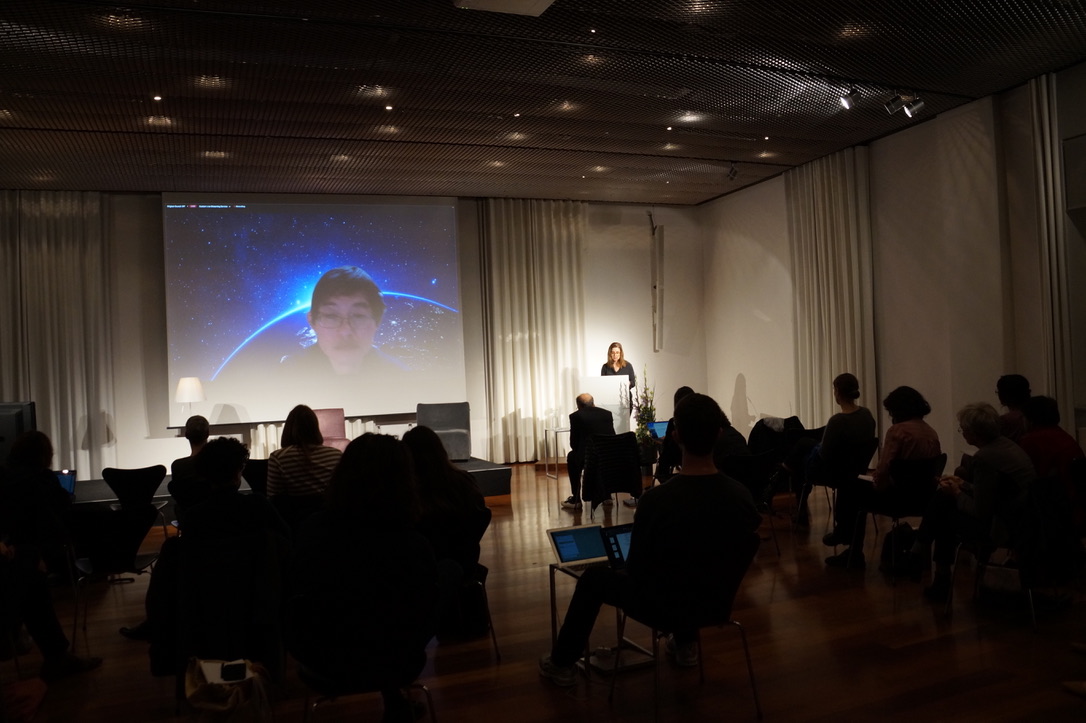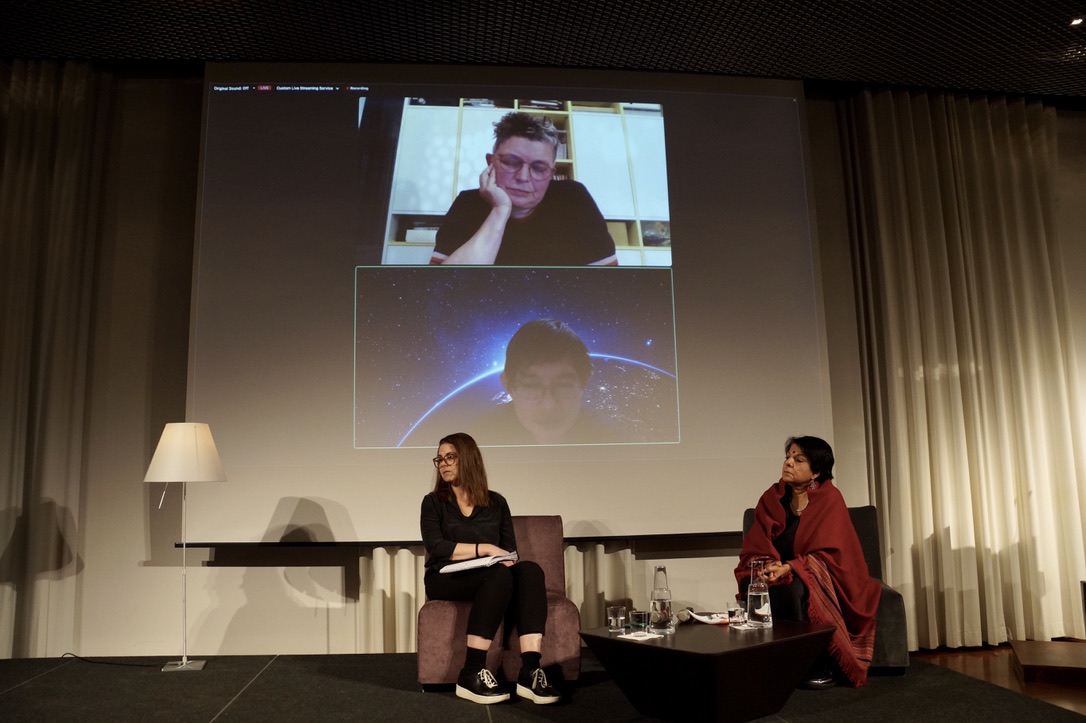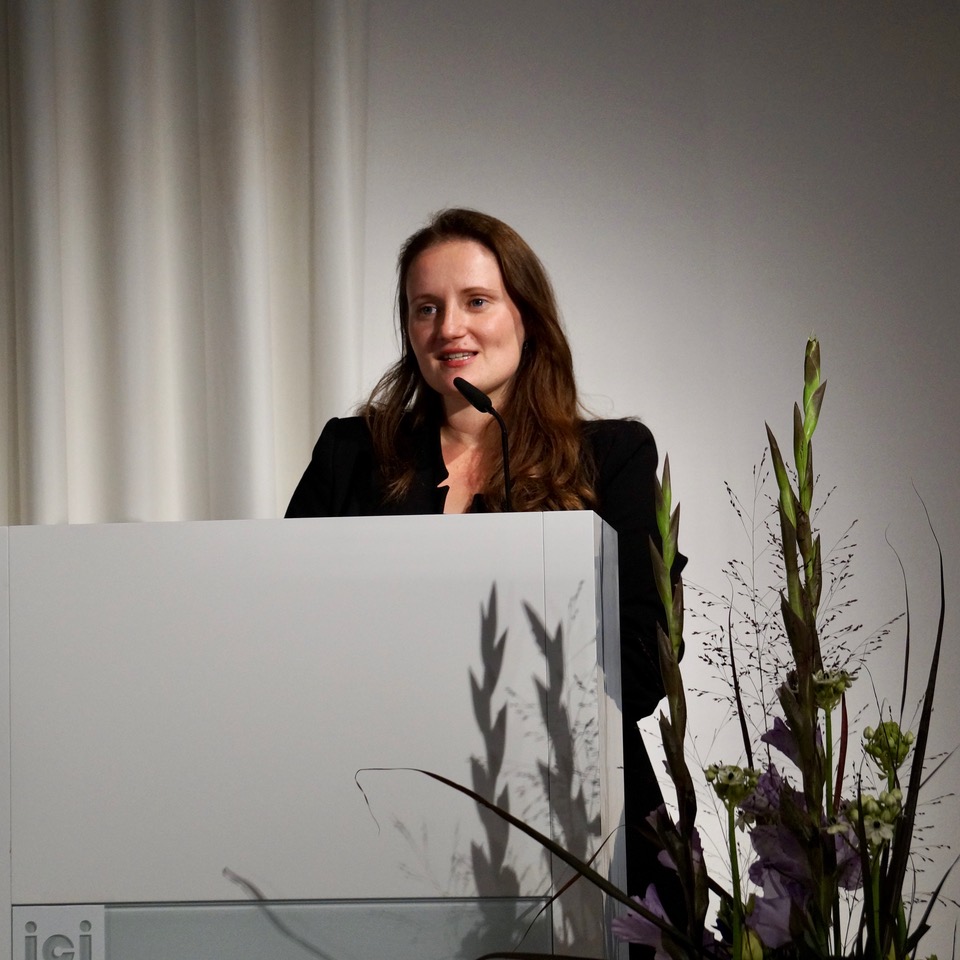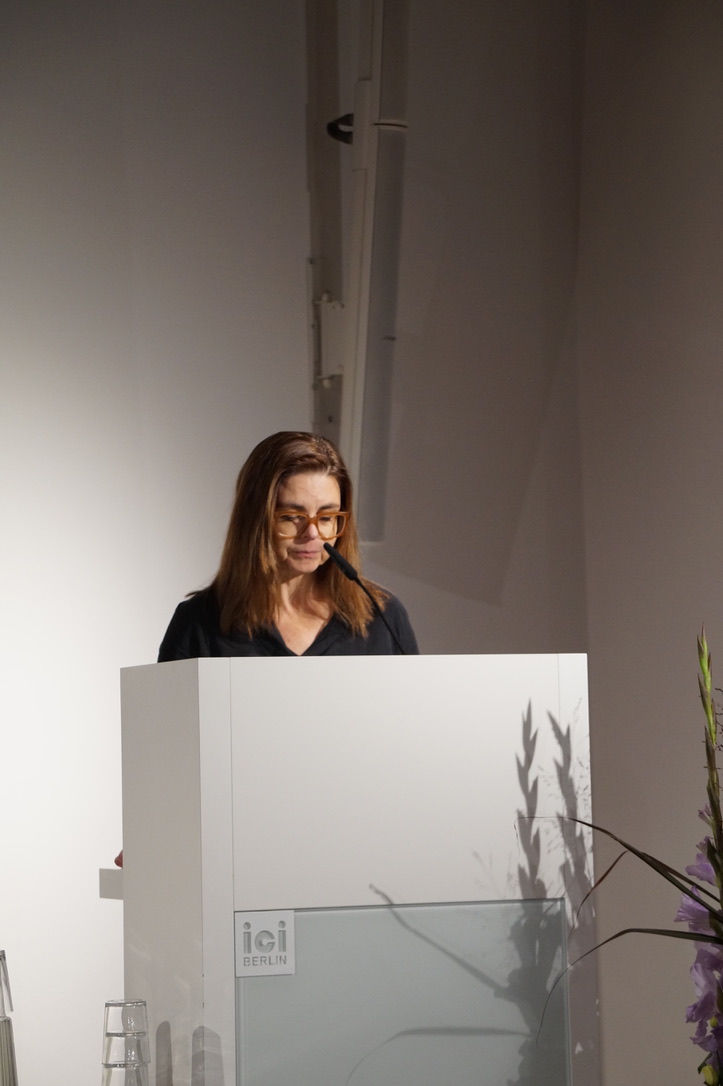Hosted by ICI Berlin Institute for Cultural Inquiry
10 October, 7pm (CET)
In his well-known essay, Die Zeit des Weltbildes, Heidegger describes modernity as the age in which the world has been reduced to a picture. The conceptualization of the world as picture is the fundamental basis of globalization and the geopolitical relations of power, inequality and exploitation that characterize the world-system created by late capitalism. The world as picture is also the basis of various conceptual approaches for understanding worldliness informing various disciplines in the humanities and the narrative social sciences: world history, globality (global exchange and intercourse) and environmental kinship. But what is implied by the world as picture is the excess that is excluded or obscured by the picture frame because the idea of a frame intimates at something that lies beyond the picture that is its ontological condition of possibility. This talk examines two philosophical accounts of what is beyond the world as picture: Heidegger’s idea of worlding and Deleuze and Guattari’s idea of becoming the whole world as it is connected to their account of minor literature. It highlights the fundamental differences between these philosophies of world and the above approaches. Time permitting, I will then explore how postcolonial world literature, when read as part of the temporal process of worlding and world-creation, disrupts and shatters the world picture by participating in struggles within specific fields of forces in contemporary globalization. Such literature unsettles their readers’ sense of territorial boundaries and makes them aware of how they are constitutively implicated in the hierarchies of the contemporary world even as it resists being arrested in a geographically bounded and determinable subject-object such as a nation, a continent or a region.
Pheng Cheah is Professor in the Department of Rhetoric at UC Berkeley. His research interests include late 18th-20th century continental philosophy and contemporary critical theory, postcolonial theory and anglophone postcolonial literatures, theories of nationalism, cosmopolitanism and globalization, philosophy and literature, legal philosophy, social and political thought, and feminist theory. He is the author of What Is a World? On Postcolonial Literature as World Literature (2016), Inhuman Conditions: On Cosmopolitanism and Human Rights (2006), and Spectral Nationality: Passages of Freedom from Kant to Postcolonial Literatures of Liberation (2003).
Organized by the Heidelberg University team of Worlding Public Cultures: The Arts and Social Innovation in collaboration with Ming Tiampo (WPC / Carleton University) and Birgit Hopfener (WPC / Carleton University), in cooperation with ICI Berlin.




Photos by Claudia Peppel / ICI Berlin.